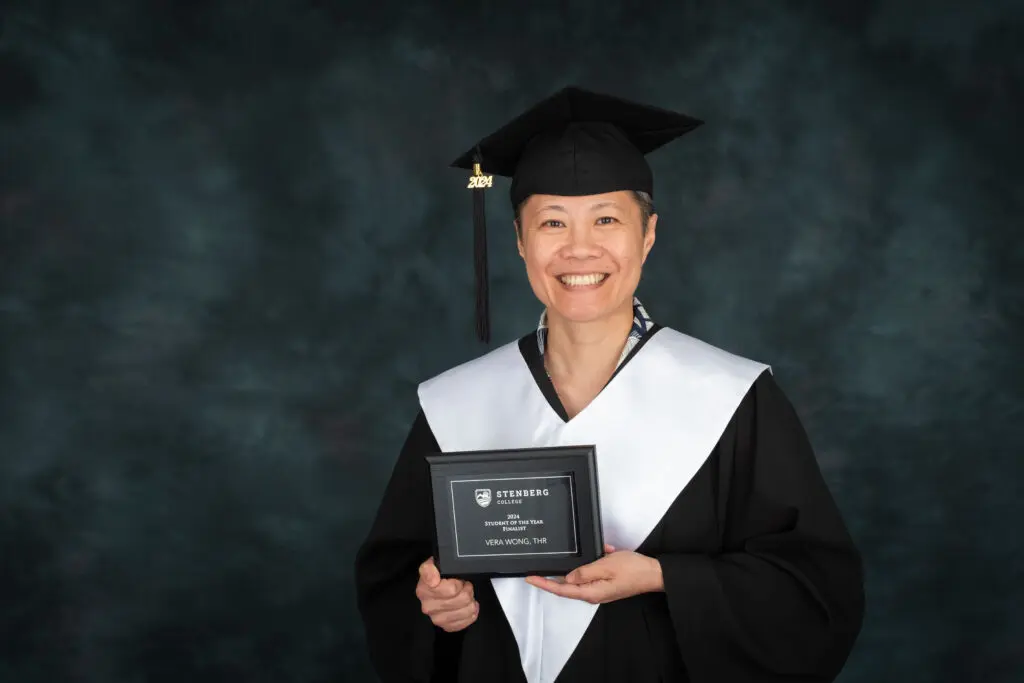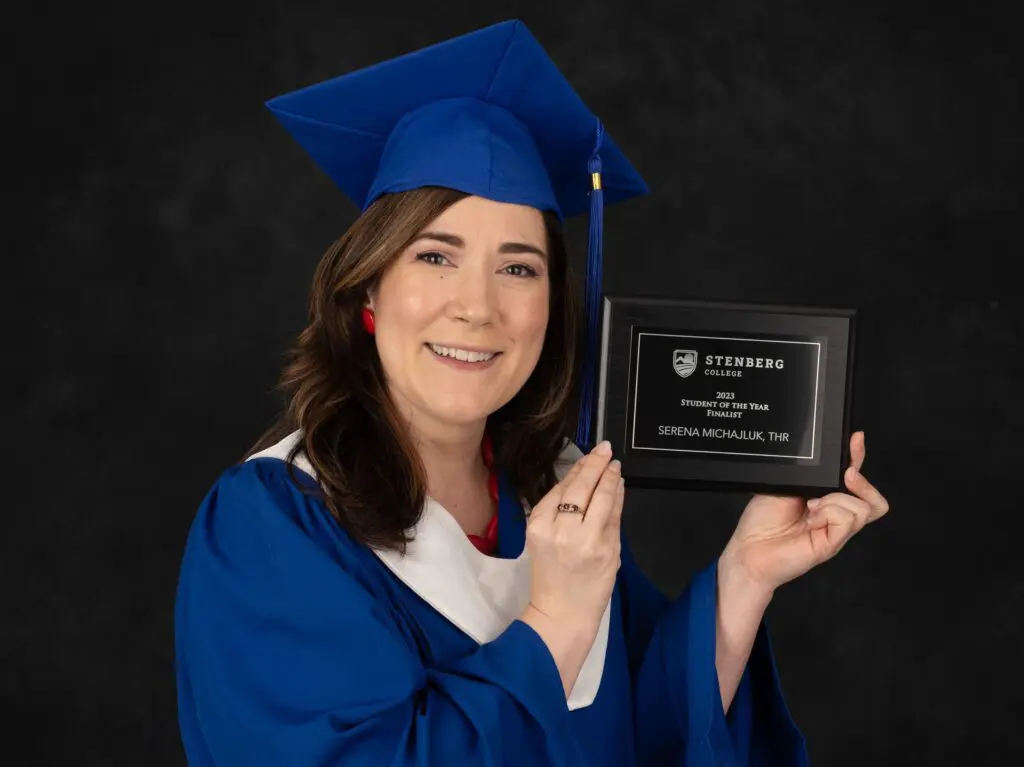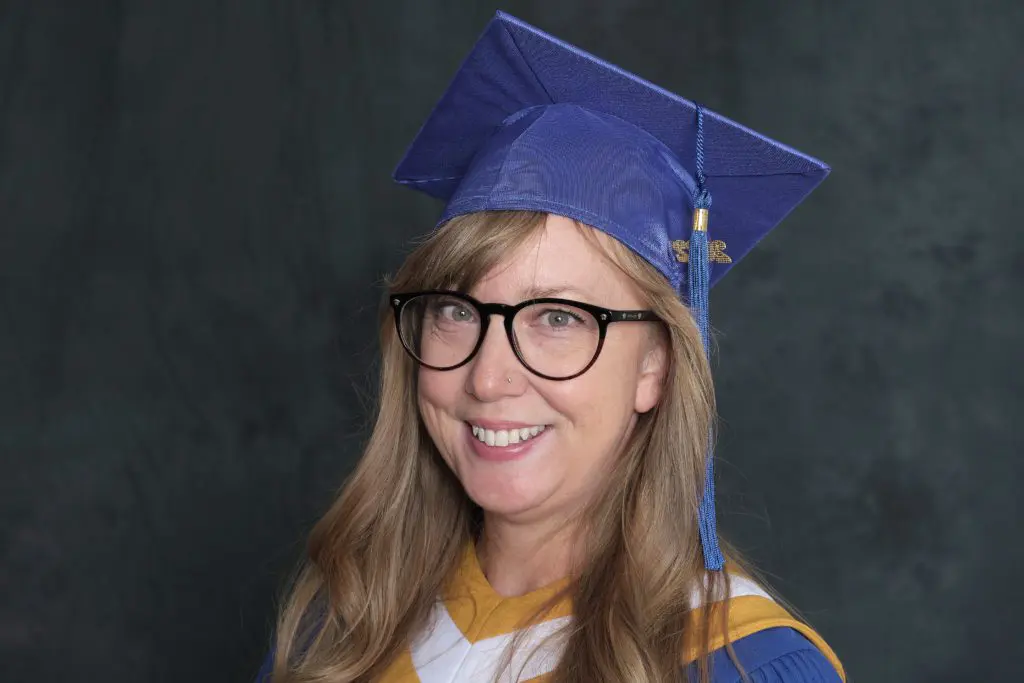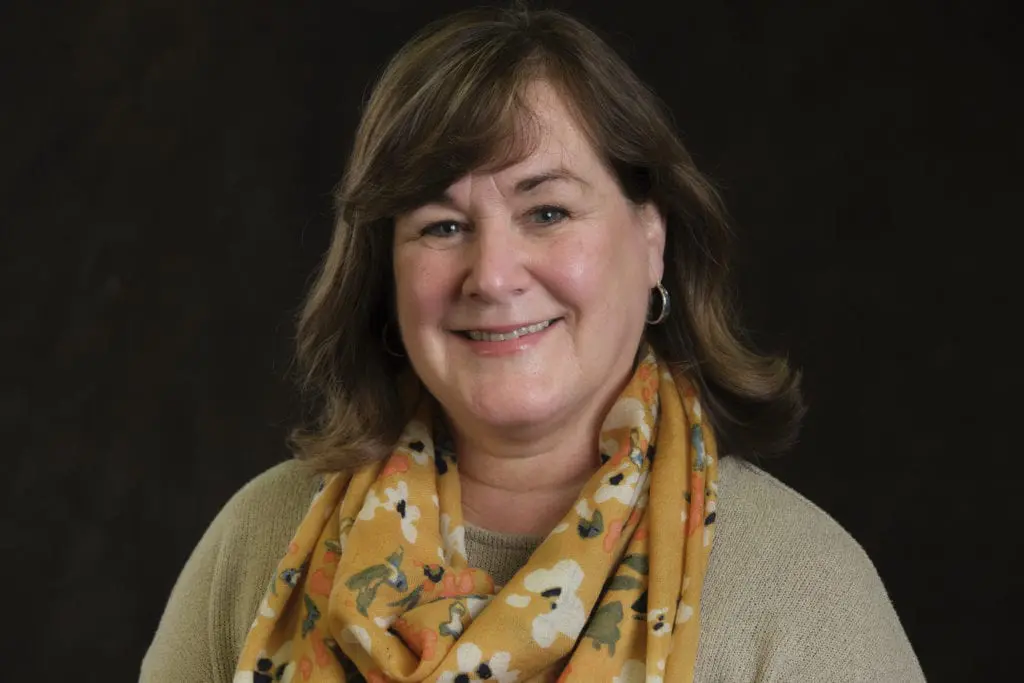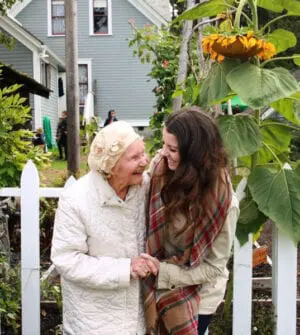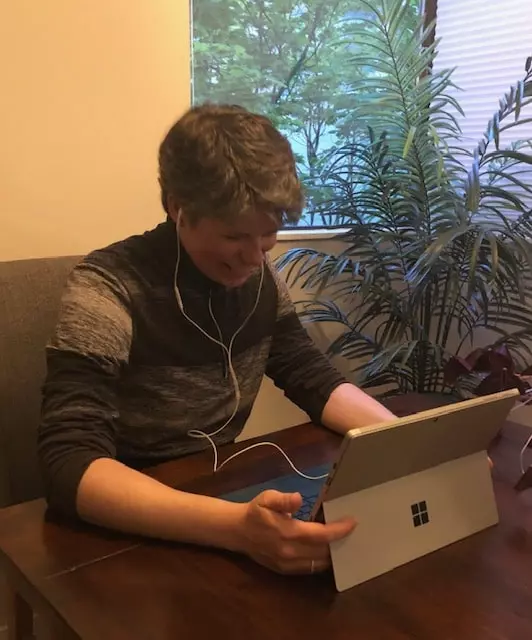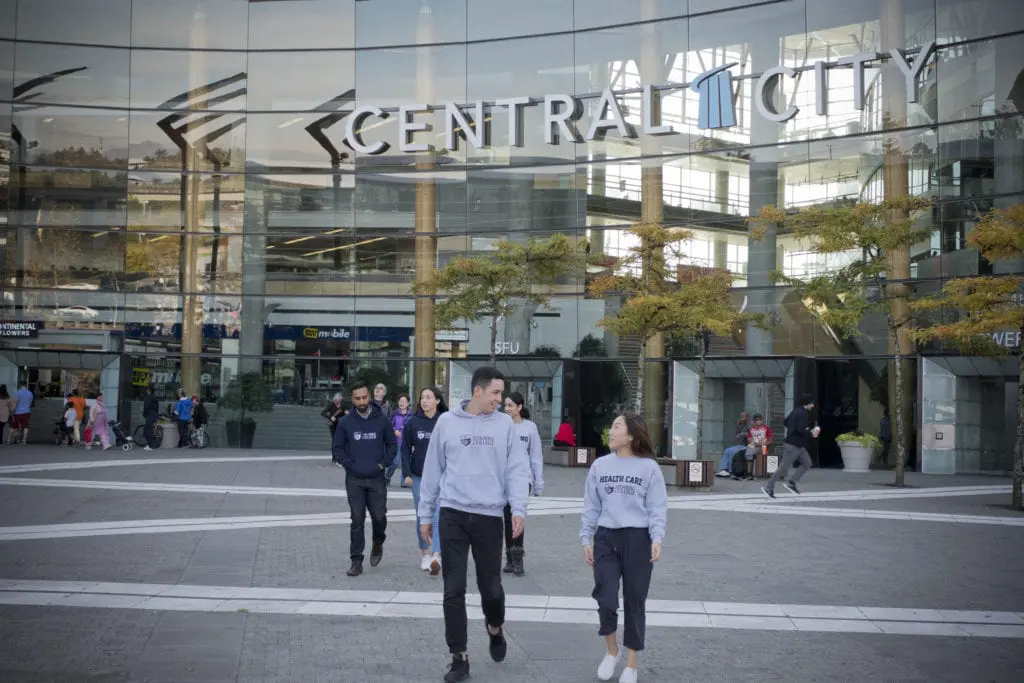As we get older, our bodies change in ways that are often associated with “slowing down”. Changes happen on a cellular level, and therefore affect everything; from our organs, to our bones and joints. As we grow older, these gradual changes are completely normal, but it’s the lifestyle choices we make that impact how well our bodies adapt. If you’re considering enrolling in a therapeutic recreation program, you’ll know that good health is possible at any age, and that these bodily changes that come with aging don’t have to have a negative impact on anyone’s quality of life.
Read on to learn more about some of the changes that take place in the body as it ages, and some things that can be done to promote overall good health.
Therapeutic Recreation for Improved Heart Health
As we age, our hearts become slightly larger and our heart rate slows down. Our blood vessels and arteries also stiffen slightly, which causes the heart to work harder. In some cases, these changes can lead to high blood pressure (hypertension) as well as other cardiovascular issues.
Earning a therapeutic recreation diploma will teach you some practices for working with the aging population that promote a healthy heart. These include:
- Regular physical activity such as walking, swimming or other enjoyable activities
- A healthy diet that includes lean protein, fruits and vegetables, and high-fiber foods
- Stress management through relaxation techniques like breathing exercises
Therapeutic Recreation to Improve Bone, Joint and Muscle Function
As we age, our bones shrink in size and density. Osteoporosis, for example, is a condition that quickens this process. Some people may even lose a couple of inches in height. Muscles also tend to lose strength and flexibility. Aging people may experience joint stiffness, have trouble balancing and experience decreased coordination as a result.
Luckily, there are a few things that that you can teach aging clients during your therapeutic recreation career that will go a long way in promoting bone, joint and muscle health, such as:
- Getting plenty of calcium. Calcium strengthens bone density and can either be taken in supplements or found in foods such as dairy products, almonds, broccoli, kale and tofu
- Physical activity that involves slight weight resistance such as water aerobics are a great way to build muscle and keep joints flexible
- Vitamin D intake is also an important foundation for bone density and strength. Vitamin D is absorbed through exposure to sunlight, and can be found in supplement form, and in foods such as eggs and oily fish.
Therapeutic Recreation to Improve Brain Function
As the body ages, several things happen to the brain. For one, the number of nerve cells in the brain decreases, while levels of chemicals that send messages in the brain also change.
In many cases, memory becomes less efficient with age. It might take some people longer to learn new things, and some people experience difficulty recalling familiar names and words during conversation.
With certain activities, new nerve cells can form in the brain—even during old age. Here are a few things the aging population can do to keep their thinking and memory sharp:
- Avoid alcohol, as it can lead to confusion and memory loss. Alcohol can also damage brain cells, which take much longer to repair in old age.
- Stay mentally active through activities like reading and doing crossword puzzles. Mentally stimulating activities keep memory loss at bay.
- Keep an active social life to ward off loneliness, stress, and symptoms of depression, which all can contribute to loss of memory and mental flexibility.
Are you interested in a rewarding therapeutic recreation career? Take the first step by finding out more about our convenient online gerontology training today!

